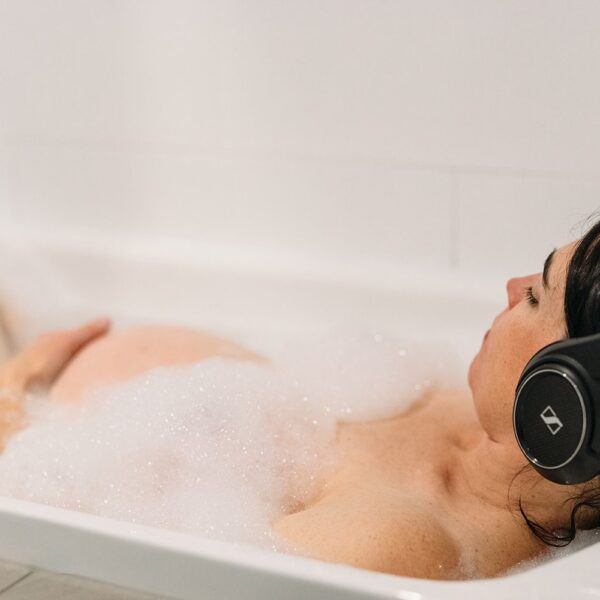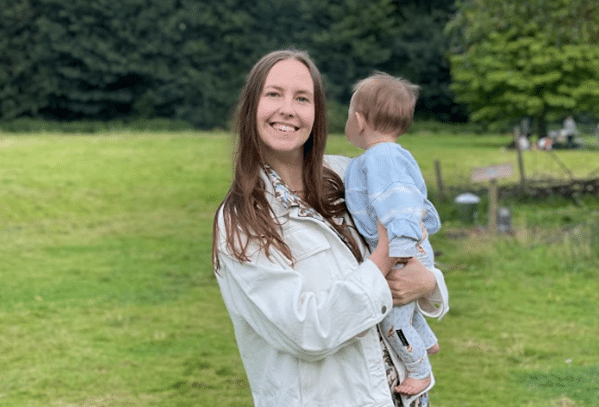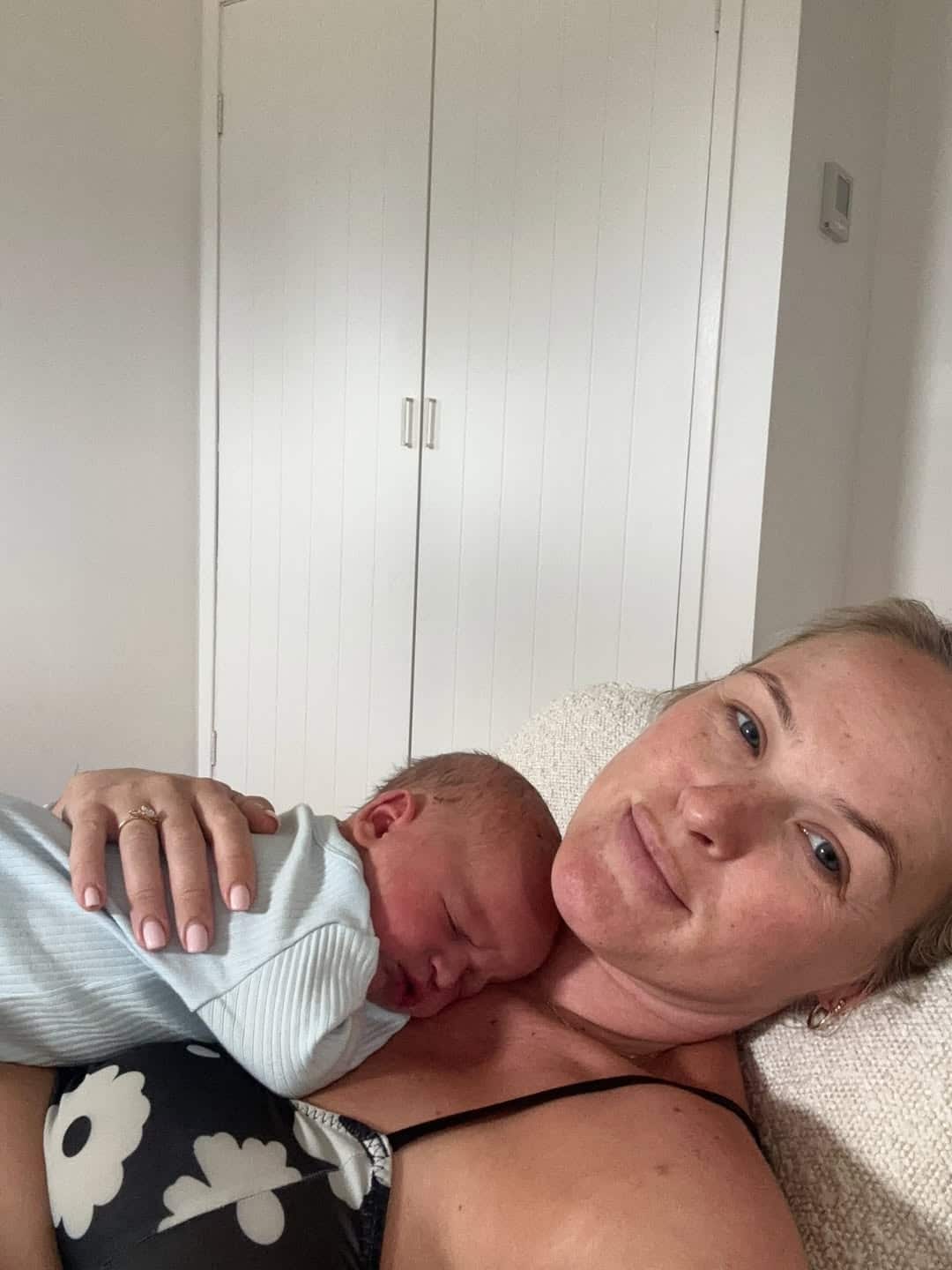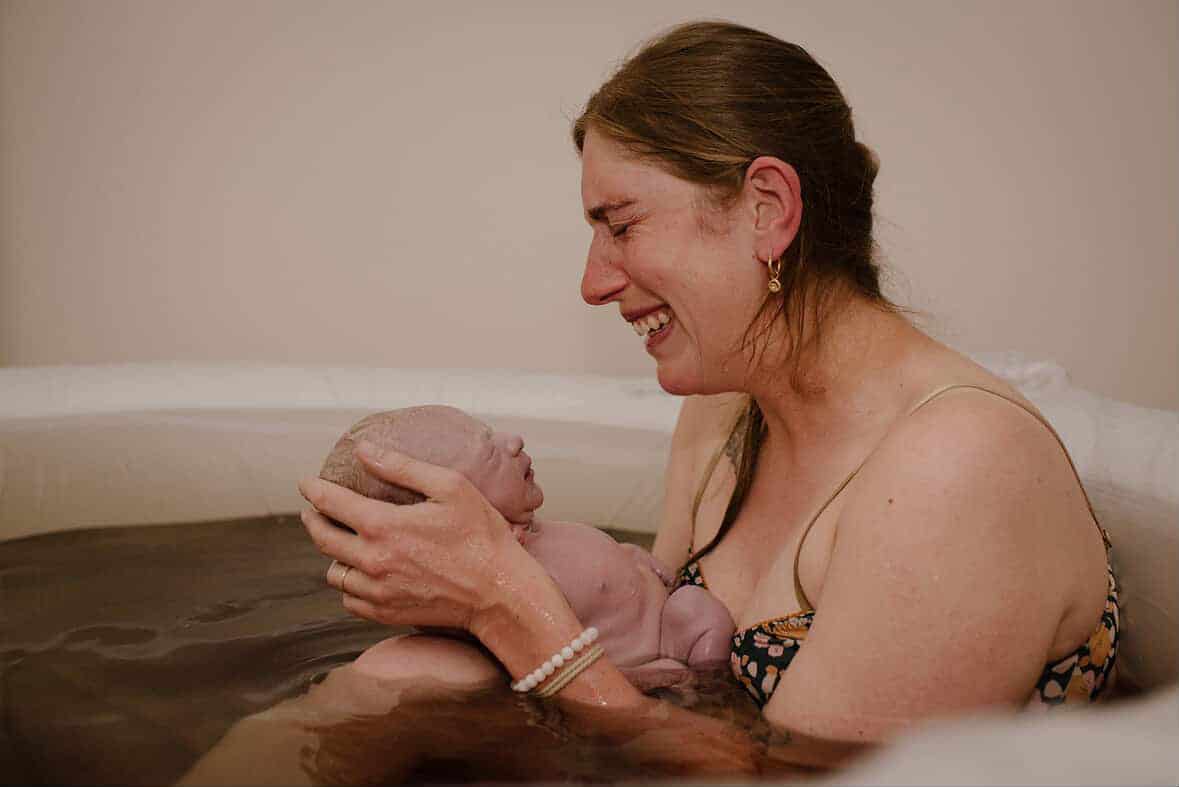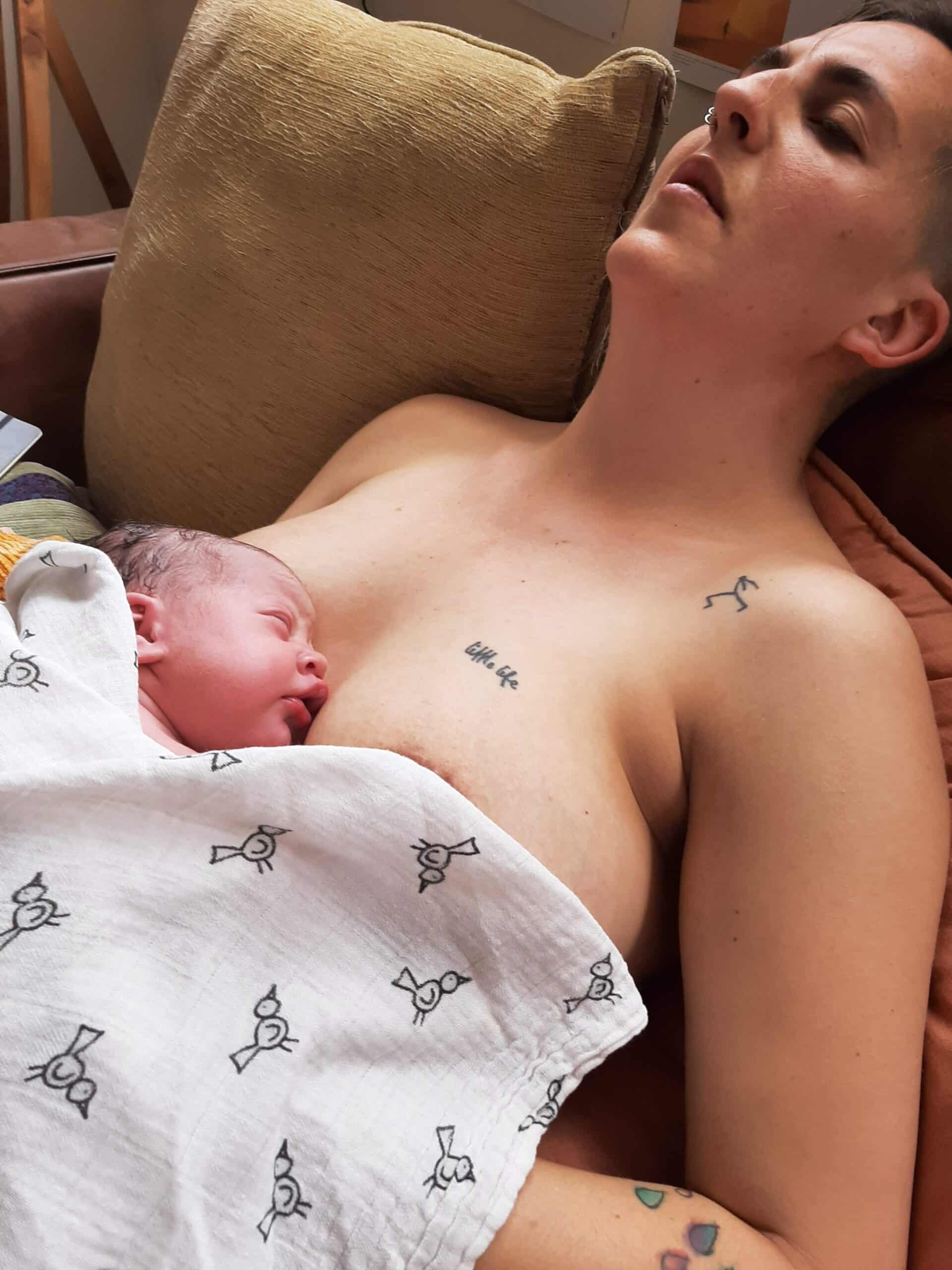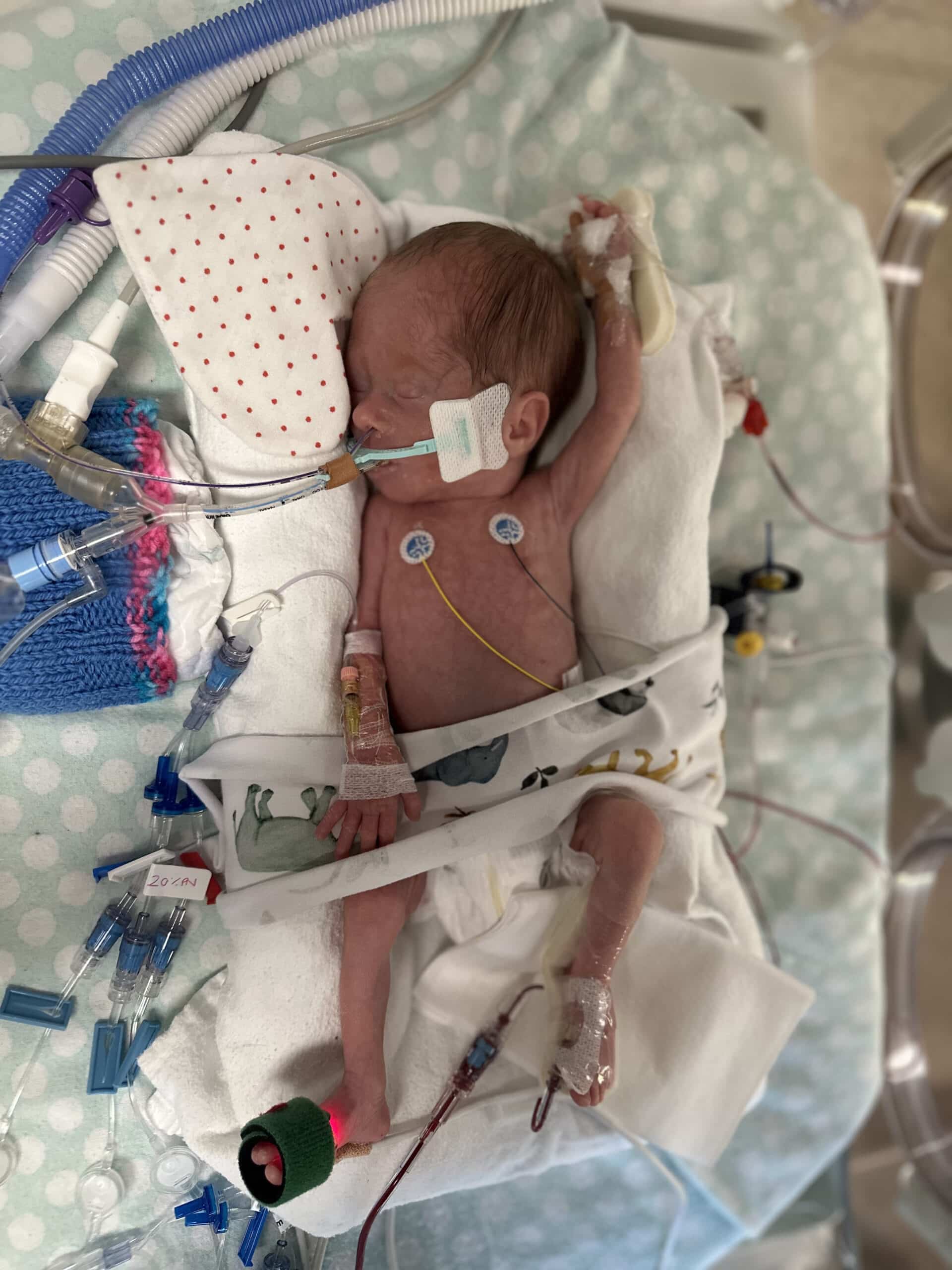Podcasts Yahna Fookes
EPISODE 236
Yahna Fookes
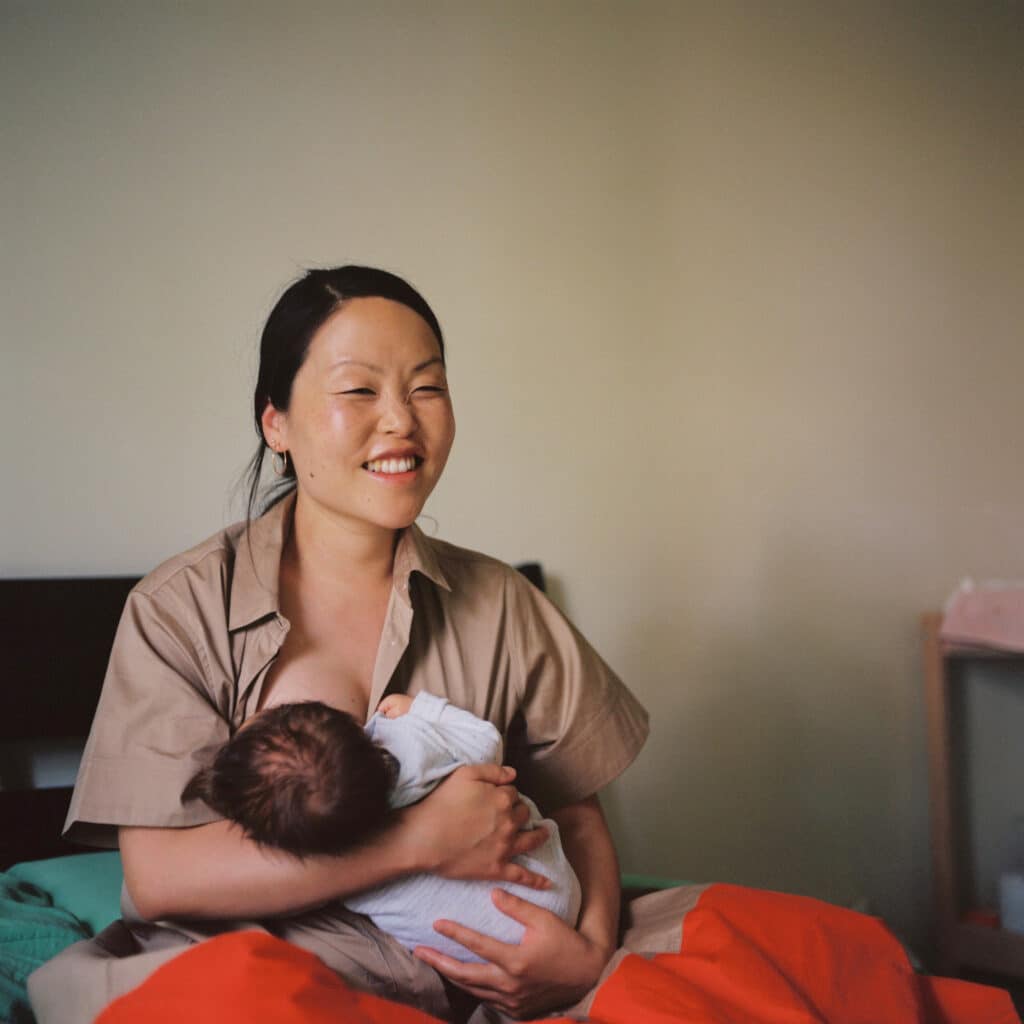
Baby Sunday was a happy accident. Yahna had been on the pill for 16 years when she decided to take a break after seeing a Traditional Chinese Medicine doctor.
“When you’re not planning to conceive a baby, there’s a long thought process…can we afford this? Can we do this? Are we ready? With time we eased into the idea of it and became really excited.
“I was in the dark when it came to birthing choices but I decided to do shared care with my local GP, thinking that it was a continuity of care model but that wasn’t the case. I’d like to point out that it may be continuity of care with your GP but it’s not with the midwives and they’ll be the ones with you at your birth. At my postnatal GP check-up I actually shared my disappointment with the GP and admitted that it was sold as a continuity of care model which it definitely wasn’t. She apologised to me so I felt like I resolved it for myself.”
Yahna felt invincible for the first five months of my pregnancy; she had no nausea or fatigue, she continued her work in advertising and yoga teacher, she studied and kept up with her social life. But that all came to a sudden halt when she broke her ankle and spent 13-and-a-half weeks in a knee-to-toe cast.
“Up until that point I was struggling with my new identity, especially because I wasn’t on the same journey as the other women in my community, I was pushing myself to keep up with who I used to be and not who I was becoming.
“I couldn’t wash myself, I couldn’t cook…my husband did everything for me but it showed me how capable he was as a carer. It really paved a nice dynamic for the two of us to enter into parenthood.”
Throughout that time, Yahna worked from home and delved into birth books including Spiritual Midwifery by Ina May Gaskin. With free time and a passionate heart, she advocated for a change to the maternity leave policy at her work. At the time, her employer only offered one week paid maternity leave (one year unpaid), so Yahna did an industry audit and subsequently prompted her employer to change their policy to two month’s paid leave. She also created a how-to guide for completing the Centrelink maternity leave form which you can access at HERE
“When my due date rolled by I was devastated; I really wanted to meet her and I was really impatient. I had spurious (false) labour for five days…I went to the hospital twice and got sent home and they’d say the next day you’ll be in and you’ll have a baby and then I didn’t.
“I ate seven pineapples, I was drinking litres of raspberry leaf tea and eating so many different curries. I went in to get induced at 4pm and I got the prostaglandin gel on the cervix to ripen it; they told me I might need three rounds of it to get it working. At 10:30pm my waters broke and I called my husband to come back to the hospital and it was really on; my contractions were strong and hard but I couldn’t get a nice sense of rhythm with my breath or my body.”
Yahna wasn’t moved into a birthing suite till 3pm the next day; the hospital was so busy that she was just shuffled from one room to the next. At that point she was 3cm and she felt like she was failing. At 4pm she couldn’t stand any longer and opted for an epidural.
“The epidural let me rest, I could gather and compose myself and get back into my body because before then I felt completely out of control. At 9pm the midwives started talking about the possibility of a caesarean; a decision purely based on the time I had been labouring as there were no concerns for the baby. The next time the midwives checked me I was 8cm and once I was fully dilated the midwives coached me through pushing. I had an episiotomy and Sunday was born. I expressed colostrum to feed her for the first day but then I found breastfeeding really easy and peaceful; it was always natural and intuitive. I’m still feeding her now at 18months…I’d only heard negative breastfeeding stories so it came as a beautiful surprise.
“I did a month in sitting which is very typical of Chinese and Korean culture; that traditional method of staying in for a month after birth and eating warm, nourishing foods was my way of paying homage to my culture and roots.
“I started seeing a perinatal therapist after birth because parenthood is so monumental; it’s nice to have someone in a neutral space to help you process your emotions – the anger, sadness and guilt – it helps keep me balanced and in check.”
Yahna has created a three-week birth preparation immersion course called Radiant Birth which is run out of Northcote yoga studio, Fort Green Yoga. It combines TCM, yoga, breathwork, asana, meditation, birth education and nutrition for pregnant women.
“I wanted to create a sense of community before you give birth; I want women to find their people before birth so they’ve got that infrastructure when they become mothers.”
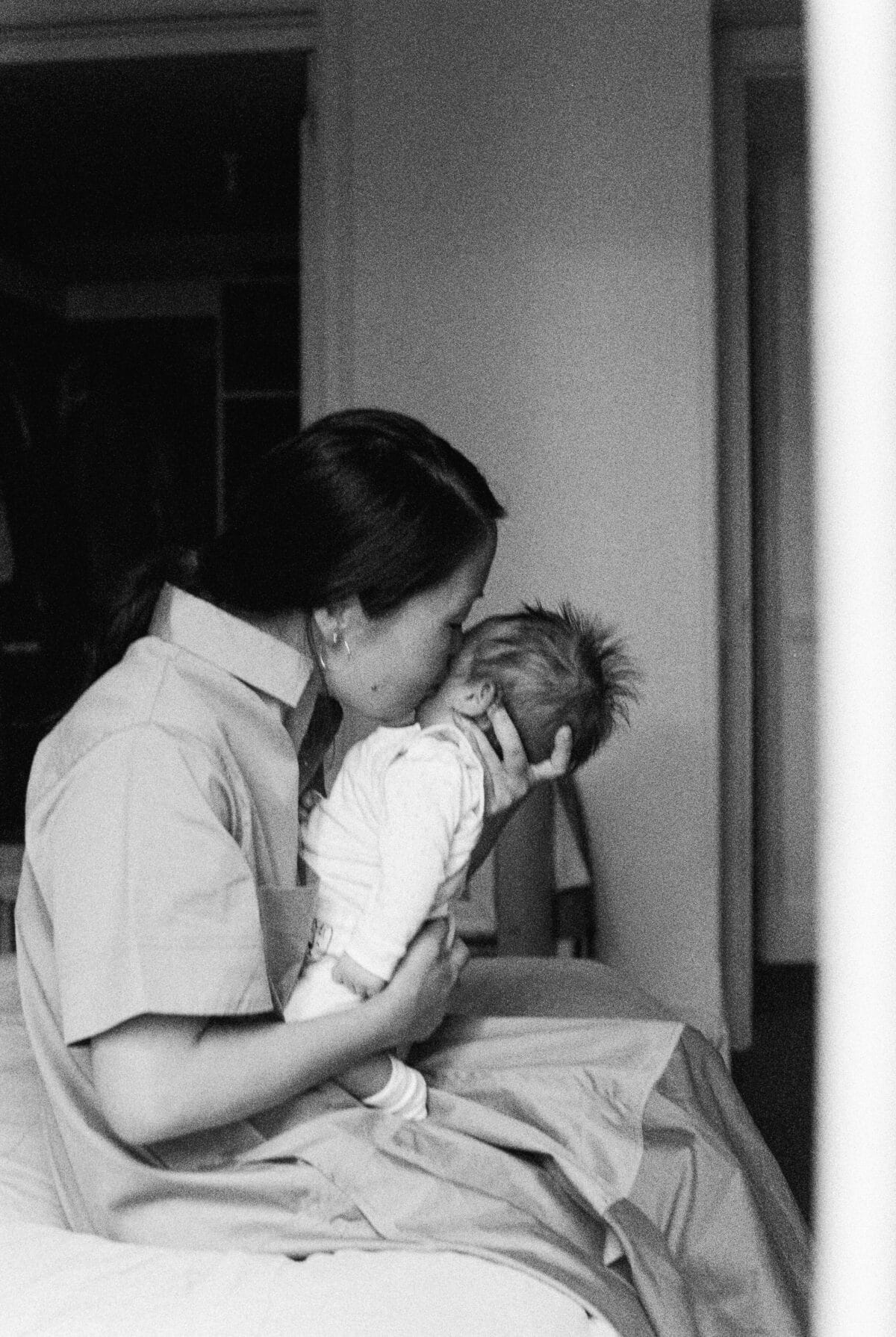
Topics Discussed
Adoption, Breastfeeding, Episiotomy, Induction, Shared care, Spurious labour, Vaginal birth
Connect
If you’d like to connect with Yahna and find out more about Radiant Birth click HERE
Episode Sponsor
Today’s episode is brought to you by the wonderful women at Verve Super. Verve is Australia’s first ethical super fund for women, by women. They dedicate one hundred per cent of their energy to supporting women to build wealth, while making it possible for members to invest in a better world through ethical investing.
Verve doesn’t stop at just super, they also offer financial and career coaching at no extra cost to members. Their ‘support squad’ of coaches includes a family finance specialist, career coach, divorce and separation expert and a wills and estate expert all on hand to guide women through big life changes with one-on-one support.
Visit Verve’s website, Verve Super to learn more. And if you’re preparing to have a baby download their new baby money guide for free to help you get your finances in order at Verve Super
Categories
Related Products
-
Birth Meditations
$49.00Narrated by Sophie Walker, these soothing and informative meditations help you feel supported and confident around birth.
Join the conversation
Sign up to get the latest updates, freebies, podcast releases straight into your inbox
@AustralianBirthStories
Follow along with us
@AustralianBirthStories
Follow along with us
@AustralianBirthStories
Follow along with us
@AustralianBirthStories
Follow along with us
@AustralianBirthStories
Follow along with us
@AustralianBirthStories
Follow along with us
@AustralianBirthStories
Follow along with us
@AustralianBirthStories
Follow along with us
@AustralianBirthStories
Follow along with us
@AustralianBirthStories
Follow along with us
@AustralianBirthStories
Follow along with us
@AustralianBirthStories
Follow along with us
